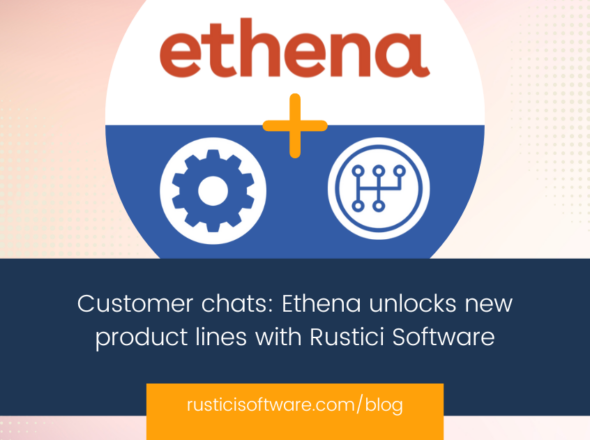This blog post is part of our “Ask Andy” series in which we publish Andy’s plain-spoken, straight-shooting answers to common or uniquely interesting (eLearning) questions. If you have a question, you can always fill out this form and ask Andy too.
Hi Andy,
I need to host web-based simulations, but I need them to be accessible through the LMS we use. Ultimately, I want to measure learner data from the simulation. I don’t have the development power to create access controls to handle license management. I also need a solution for creating proxy packages. What can I do?
Sincerely,
Stuck in the Simulation
Dear Stuck in the Simulation,
You can, in fact, get learner data from your own hosted simulation learning with Rustici Cross Domain (RXD) support.
Rustici Cross Domain
RXD helps you deliver non-standard content through a standards-based LMS. When you think of non-standard content, it could be anything from a URL to a customer portal to simulated learning like the training content you mentioned. If it exists on the internet and relies on a database or server-side code to run properly in a browser, you can use RXD to access your hosted content from an LMS.
RXD allows you to create proxy files—SCORM 1.2, SCORM 2004 3rd Edition, AICC, xAPI, and cmi5 packages—of your simulation content that your customer uploads in their LMS.
RXD and Content Controller together
If you have simulated learning you want to share, and need help with license management and access controls, Content Controller is a great option. Our software not only offers access controls, license management and a way to send proxy packages, but it also has RXD built-in to the product. You even have the ability to measure your learner data through the reporting and analytics functionality.
With our managed hosting option, we host Content Controller, while you host your own application that RXD supports. Or, you can self host both Content Controller and your application. It’s up to you.
Now, for the technical part. To report learner data to the LMS you’re using, your application needs to use RXD’s Content API. When you successfully make an API call, you’ll see learner data in the LMS and in Content Controller. RXD converts API calls into learner completion status (or whatever data makes sense in the standard you choose).
Based on your needs, Content Controller with RXD sounds like the right solution for you.
RXD on its own
Not every customer needs RXD and Content Controller. If you’ve built your own UI to license content, handle proxy packages and report the learner data, you can purchase RXD on its own. In that case, you’ll get a package of source code, templates and that you will fill with information. The documentation will help you make calls against the same Content API, with data going back to the LMS you’ve chosen.
Remember, different learning standards measure learner data differently. A helpful tip from us is to check out the LMS you’ve chosen, as it might prefer one standard over others. Lately, our customers have needed LTI support. LTI isn’t provided by RXD on its own, but fear not. You can still get LTI support with Content Controller and built-in RXD. This is one way we help customers become LTI tool providers.
Stuck in the Simulation, I hope this answers your question. RXD is a truly flexible solution for customers like you who have already spent time building your own software and a great example of how we aim to be interoperable as you connect your learning ecosystem.
If you are ready for RXD support, let’s schedule a 1:1 call and get started.
Thanks,
Andy


